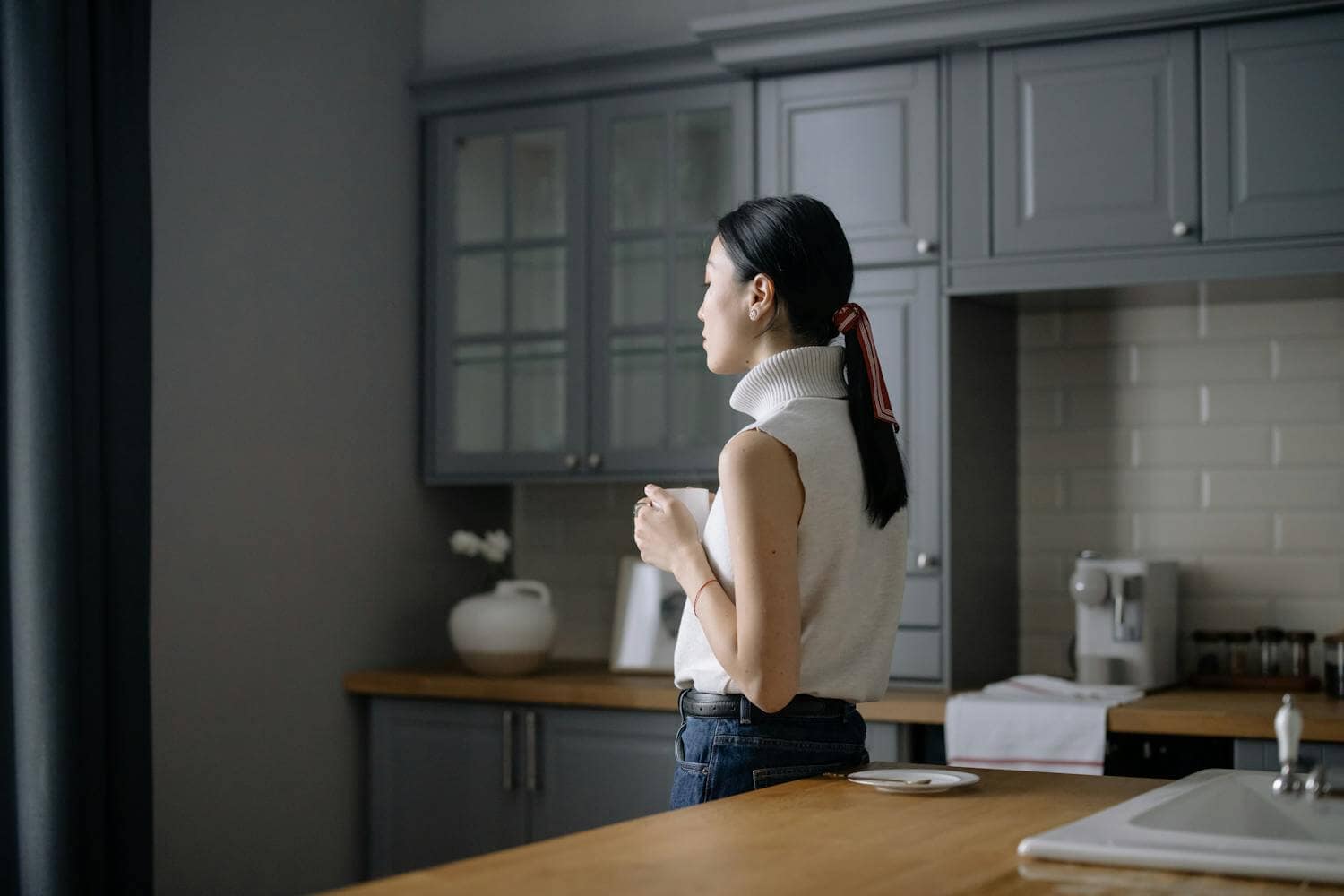A sole occupancy order is a legal directive issued by the family courts in Australia which grants one partner exclusive rights to reside in the matrimonial home during separation or divorce proceedings.
This type of order is typically issued under specific circumstances to prevent undue stress, conflict, or danger to one party or children involved.
The duration of the order is generally established to last until the final resolution of property settlement or until a specified period set by the court elapses.
The issuance of such orders reflects the court’s careful consideration of numerous factors including the welfare of any children involved, the financial situations of both parties, the feasibility of alternative accommodations, and any history of family violence.
Key Takeaway 🗝️: Sole occupancy orders provide a means to establish temporary residential stability and safety during family law proceedings.
Eligibility for a Sole Occupancy Order
Not every case of divorce or separation will qualify for a sole occupancy order. Eligibility typically depends on proving that shared occupancy is untenable due to safety concerns or significant emotional, psychological, or physical distress.
The application for such an order must be substantiated with compelling evidence that justifies the need for exclusive home use.
Key Takeaway 🗝️: Sole occupancy orders are not automatically issued and require substantial justification based on considerations of safety and practicality.
Also read: Who Gets to Stay in the House During Separation?
How to Apply for a Sole Occupancy Order
Applying for a sole occupancy order in Australian family law involves a structured process. Here’s a concise step-by-step guide on how to proceed:
- Consult with a Family Law Expert: Start by consulting with a property settlement law expert to understand your legal rights and the strength of your case.
- Gather Necessary Documentation: Compile evidence such as instances of domestic violence, mental health assessments, financial records, and any prior legal interventions like police reports or restraining orders.
- Prepare an Affidavit: Draft an affidavit detailing your reasons for requesting the sole occupancy order, focusing on why cohabitation is untenable.
- File the Application Submit your application for a sole occupancy order to the family court, including your affidavit and supporting documents.
- Serve the Application: Legally serve the other party with the application to ensure they are informed and can prepare a response.
- Attend the Court Hearing: Attend the court hearing where both parties present their arguments. The court will then evaluate these arguments and make a decision based on the merits of each case.
- Follow Court Instructions: If the order is granted, comply with all court instructions regarding the sole occupancy of your home.
Impact of a Sole Occupancy Order on Children
When deciding on a sole occupancy order, the court prioritises the best interests of any children residing in the home.
The children’s stability, safety, and emotional well-being are paramount considerations. The court will also often consider which parent will best maintain the children’s daily routines, schooling, and social connections..
Key Takeaway 🗝️: The welfare of children is a critical factor in the court’s decision-making process for granting sole occupancy.
Also read: Can my Ex-Partner Change the Locks?
Challenges and Considerations
Obtaining a sole occupancy order can be challenging and fraught with emotional and legal complexities.
It’s important for applicants to prepare for potential opposition from the other party and to understand that the court’s decision will aim to balance the interests of all parties, including financial implications and future housing needs.
Key Takeaway 🗝️: Applicants must be prepared for a rigorous assessment of their circumstances and those of the opposing party.
Consult With A Qualified Family Law Expert
A sole occupancy order provides temporary residential stability and safety during family law proceedings but requires thorough justification and is subject to strict court scrutiny.
In some instances, sole occupancy orders are crucial for ensuring personal safety, safeguarding the welfare of children, and reducing conflict during family law proceedings.
As with any legal matter, those considering such an order should seek detailed legal advice to understand the process and prepare their case effectively.
Director of Melbourne Family Lawyers, Hayder manages the practice and oversees the running of all of the files in the practice. Hayder has an astute eye for case strategy and running particularly complex matters in the family law system.





